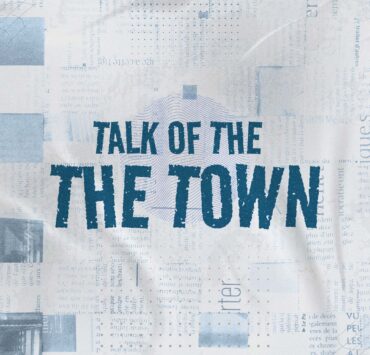Rescue and reparation

The rescue last week of 158 minors from a childcare facility in Mexico, Pampanga, underscores once more the need for more stringent government regulations and stricter monitoring of institutions that assume custody of children in vulnerable situations.
Two minors had filed complaints of child abuse against the New Life Baptist Church, a residential care facility managed by Pastor Jeremy Keith Ferguson whom, the two children claimed, “made them kneel for long periods, fed them spoiled food, and deprived them of playtime.”
The Department of Social Welfare and Development (DSWD) said its investigators had discovered heavy chains, padlocks, and barbed wire within the compound. Several residents also shared “troubling accounts” of being repeatedly locked up inside bathrooms, or beaten as a form of “discipline.”
In its 30-day cease and desist order on the facility, the DSWD said it violated the agency’s registration, license to operate, and accreditation standards and was operating “under conditions that expose the children to fire hazards, mismanagement of funds, and improper case management” because of the lack of qualified personnel.
Untenable conditions
This isn’t the first time that the DSWD’s attention was called on the untenable conditions suffered by children in private childcare shelters. In May 2023, the agency halted the operations of Gentle Hands, Inc., a private orphanage in Quezon City after it allegedly violated a law against child abuse, exploitation, and discrimination, and “failed to comply with the minimum standards for residential facilities for children.”
In a press briefing after a surprise visit to the orphanage, DSWD Secretary Rex Gatchalian spoke of the “overcrowding, dirtiness, ventilation concerns, and fire safety issues” that put the young residents in “imminent danger.” The orphanage housed 149 children in a space designed for only 80, he added.
In December 1998, at least 23 children and five adults died in a fire that swept the 78-year-old Bahay Kalinga (Settlement House), a Catholic Church-run orphanage in Manila’s Paco district. More than 80 children were listed as beneficiaries of the facility that housed foundlings, orphans, and children surrendered by families who could no longer care for them.
Initial reports blamed faulty wiring for the midnight fire in the crumbling structure, with the locked fire exit accounting for the high casualty count. “How could such dangerous lapses have gone unchecked by authorities?” people asked.
Deeper malaise
Unfortunately, past lapses have undermined the DSWD’s recent rescue effort, which was met with disdain on social media. Of Ferguson’s arrest and the closure of his childcare facility, netizens asked: But aren’t children better off in this shelter than on the streets? With government unable to provide the children’s needs, why begrudge private agencies the opportunity to do so? Why consider the complaints of only two minors and risk the welfare of scores of other residents?
Behind these questions lies a deeper malaise—the desperation among the poor to find parties that could provide for their children’s basic needs no matter the cost. Incidents of parents pimping their own children to foreigners online bear this out.
Such incidents have prompted Senate Deputy Minority Leader Sen. Risa Hontiveros to file a resolution that would probe reports of children allegedly suffering physical, verbal, and psychological abuse under the custody of the Pampanga residential facility. There is an urgent need, she said, to revisit existing laws and policies, including Republic Act No. 7610, “to ensure stronger safeguards for children placed in social welfare and development agencies, and similar facilities.”
Just as necessary, the senator noted, is a comprehensive review of accreditation, monitoring, and regulation mechanisms for public and private institutions entrusted with the custody of minors.
Permanent home
A congressional hearing on the bigger issue may be warranted as well, if only to gather all stakeholders, including parents, in a forum that would thresh out how government agencies and the private sector can best advance the children’s interest. Surprise inspections of the facilities, and Immigration’s thorough background check on foreigners coming in for ostensibly religious missions of “saving children” could help mitigate the problem as well.
Aside from the diligent monitoring of donations, also worth looking into is how government can partner with civil society to set up effective intervention processes. A bigger slice from the national budget is as crucial so that more social workers can be assigned in private childcare facilities.
Gatchalian’s suggestion that these shelters seriously explore the option of adoption should also be considered, if only to prevent overcrowding, not to mention stoke hope among young residents of finally finding a permanent home—surely a prospect we should all actively strive for.
As statesman Frederick Douglass once said, “It is easier to build strong children than to repair broken men.”

















Improve PH presence in WPS